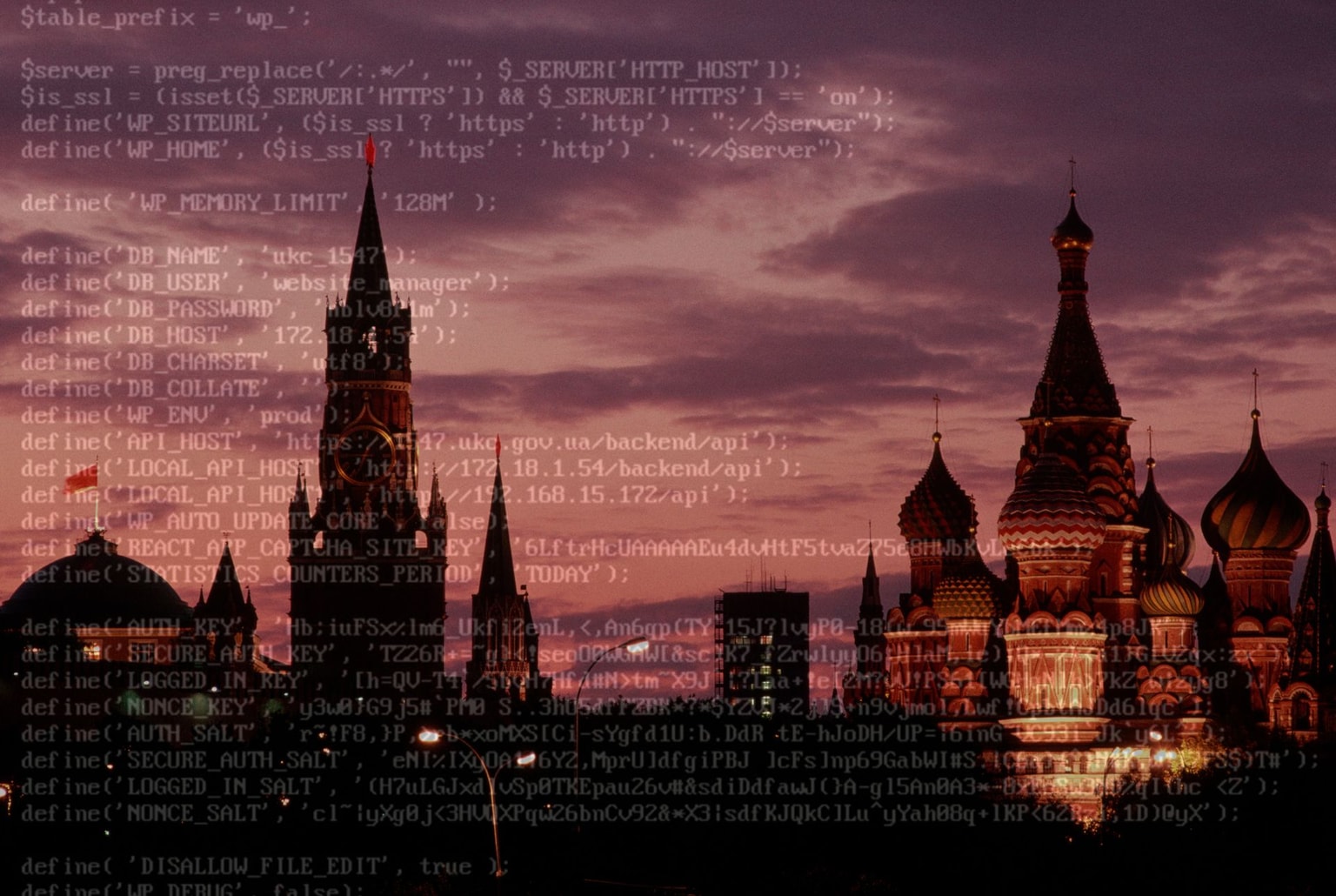Top diplomats of US, Russia meet to discuss Ukraine amid looming invasion

U.S. Secretary of State Antony Blinken warned his Russian counterpart that Russia will pay "severe costs" if it invades Ukraine.
Blinken met with Russian Foreign Minister Sergei Lavrov on Dec. 2 in Stockholm to discuss Russia’s large-scale military buildup on Ukraine’s border that multiple intelligence agencies have called preparation for a likely invasion in late January or early February.
Russia has amassed at least 93,000 troops along Ukraine’s border and in occupied territories. The U.S. and its European allies said that Russia might launch a major offensive into Ukraine.
The meeting between the top diplomats took place on the sidelines of the Organization for Security and Cooperation in Europe (OSCE) summit. No concrete diplomatic plan has been announced after the brief meeting but both sides agreed to keep speaking diplomatically, the U.S. State Department told journalists.
Blinken spoke out against Russia’s “aggression towards Ukraine,” including its military movements. He said that it’s on Moscow to de-escalate and return to a “peacetime posture” and follow the 2015 Minsk agreements and the 2020 ceasefire agreement in the Donbas.
"I made very clear our deep concerns and our resolve to hold Russia responsible for its actions, including our commitment to work with European allies to impose severe costs and consequences on Russia if it takes further aggressive action against Ukraine," Blinken said at a post-meeting press conference.
Blinken did not specify what those consequences might be. Earlier in the day, Ukraine’s Foreign Minister Dmytro Kuleba stated that he met with Blinken to develop a “comprehensive containment package, including harsh economic sanctions to demotivate Russia from further aggressive actions.”
At a press conference prior to the meeting, Lavrov said that Russia does not want a conflict but has the right to defend its security in light of NATO’s expansion next to Russia.
A day earlier, Russian President Vladimir Putin said that any NATO deployment of weapons or troops to Ukraine would be a “red line” for Russia.
However, Lavrov added that he is ready to resume dialogue in the Normandy peace talks format.
U.S. President Joe Biden and Russian President Vladimir Putin may “speak directly in the future,” according to the State Department. This would be the leaders’ second meeting after their summit in Geneva in June.
Read also: If Russia launches blitzkrieg into Ukraine, how would it look?










